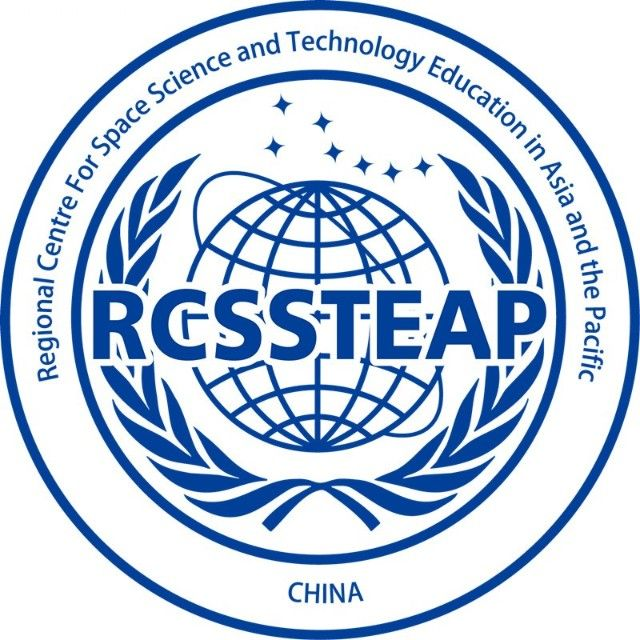报告题目:Supercomputing and Sparse Matrices
报告时间:2018年10月24日 星期三, 14:00
报告地点:新主楼 F332会议室
报告简介:
Sparse matrices exist in a number of computational problems in scientific and engineering. Researchers in the area of supercomputing have been always looking for faster parallel algorithms for sparse matrix in the last decades. Recently, the emergence of many-core processors has introduced more conflicts between algorithm efficiency and scalability. On one hand, many-core processors require a large amount of fine-grained tasks to saturate their resources, on the other, the irregular structure of sparse matrix brings difficulties to the task partitioning. This talk will start from a series of fundamental problems of supercomputing and discuss scalability of existing work and our newly designed data structures, such as the CSR5 format (ICS'15), and algorithms, such as sparse matrix transposition (ICS '16), sparse matrix-vector multiplication (ICS'15 and Parco), sparse triangular solve (Euro-Par '16 and CCPE) and sparse matrix-matrix multiplication (IPDPS '14 and JPDC). Several key challenges in this area will be presented as well.
报告人介绍:
Weifeng Liu is currently a Research Scientist at the Department of Computer Science of the Norwegian University of Science and Technology in Trondheim, Norway. He is also a Marie Curie Fellow of the European Union. He received his Ph.D. in 2016 from University of Copenhagen, Denmark. Before he moved to Copenhagen, he has been working as a Senior Researcher in high performance computing technology at SINOPEC Exploration & Production Research Institute for about six years (2006-2012). He also has been shortly working as a Research Associate at STFC Rutherford Appleton Laboratory, UK, in 2016. He received his B.E. degree and M.E. degree in computer science, both from China University of Petroleum, Beijing, in 2002 and 2006, respectively. His research interests include numerical linear algebra and parallel computing, particularly in designing parallel and scalable algorithms and data structures for sparse matrix computations on throughput-oriented architectures.








 北航校历
北航校历 校园地图
校园地图